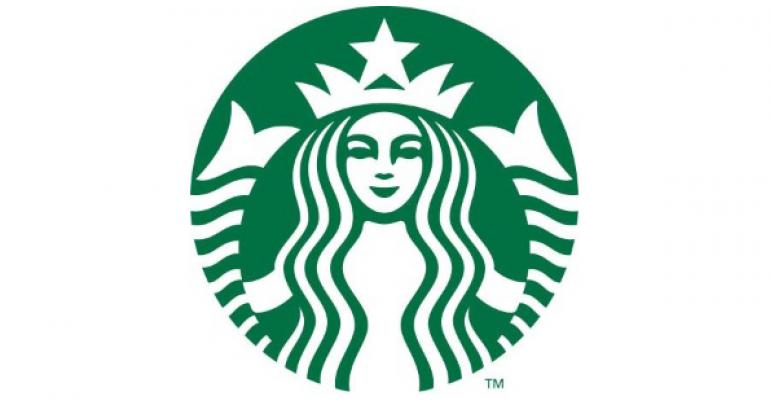If any chief executive is riding high despite the slow economic recovery, it is Howard Schultz of Starbucks Corp.
Five years ago, the chain of European-style coffeehouses he first brought to America after falling in love with the coffee bars of Milan was in trouble. Sales were slipping as cash-strapped consumers cut back. Comedians joked about the Starbucks in their living room competing with the Starbucks in their powder room. The stock price had fallen considerably. And Schultz, who returned from an eight-year hiatus as CEO to right the ship, expressed publicly that the brand had lost its way.
Today, the picture is quite a bit different.
After reporting fourth-quarter results in October, Schultz called fiscal 2013 the best year in the more than 19,000-unit coffeehouse giant’s 42-year history.

POWER PLAYS
Find out which moves set the Top 10 apart from the rest of The Power List. >>
Other Highlights
• Watch Howard Schultz explain Starbucks' goals on CNN
• Starbucks CEO: Restaurants must give back
That was before the company announced a $2.8 billion charge resulting from the settlement of a legal dispute with former packaged goods partner Kraft Foods, which caused a restatement of results. But prior to that one-time charge, net income for the year was up 24 percent to $1.7 billion. The quarter marked the 15th consecutive quarter in which comparable-store sales rose more than 7 percent in the U.S. and more than 5 percent globally.
Starbucks’ return to glory was not without pain. More than 600 underperforming U.S. stores were closed and about 12,000 employees lost their jobs.
Over several years, however, Schultz convinced Americans to fall in love with Starbucks again, and momentum is expected to continue into 2014. Rather than warning of oversaturation or overvaluation, Wall Street analysts remain high on Starbucks’ growth potential as the company diversifies beyond coffee.
Last year, Starbucks began rolling out menu upgrades using items from San Francisco-based La Boulange bakery, which Starbucks acquired in 2012. The new La Boulange breakfast lineup is scheduled to reach Starbucks’ 7,000 domestic stores by the end of 2014, and new lunch offerings will debut later this year, promising to boost sales as patrons buy food with their beverages. With the acquisition of retail tea chain Teavana in early 2013, Schultz has pledged to do for tea what the company did for premium coffee, growing both the concept and its branded products. Similarly, the acquisition of juice maker Evolution Fresh in 2011 opened the door for Starbucks to move into the$50 billion health-and-wellness category.
With the acquisition of retail tea chain Teavana in early 2013, Schultz has pledged to do for tea what the company did for premium coffee, growing both the concept and its branded products. Similarly, the acquisition of juice maker Evolution Fresh in 2011 opened the door for Starbucks to move into the$50 billion health-and-wellness category.
Schultz has also been involved in investments through venture capital firm Maveron, which has raised close to $800 million since its 1998 founding by Schultz and Dan Levitan, and provided early funding to brands like Potbelly, Pinkberry, eBay and Groupon.
Starbucks plans to add 1,500 units worldwide in 2014 and is currently working on break-the-mold remodels that will give existing stores more character. A recently opened unit in New Orleans was inspired by a 20th century apothecary, and a unit in Switzerland opened on a train car. Others are customized to fit the neighborhood vibe, tapping local artists and reclaimed materials.
At 60, Schultz does not appear to be slowing down. Apart from his unwavering passion for his brand, Schultz has recently become an outspoken advocate for some social and political issues, speaking out against political gridlock, expressing his support for gay rights and requesting that gun owners leave them at home when visiting his stores.
Contact Lisa Jennings at [email protected].
Follow her on Twitter: @livetodineout

